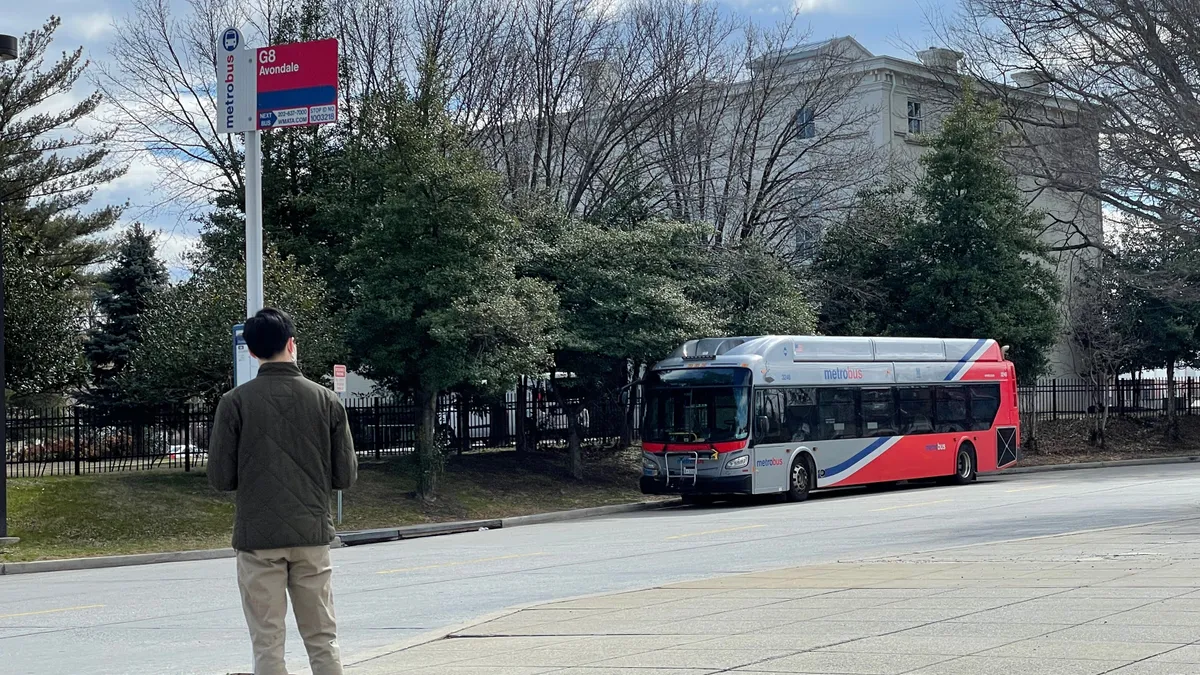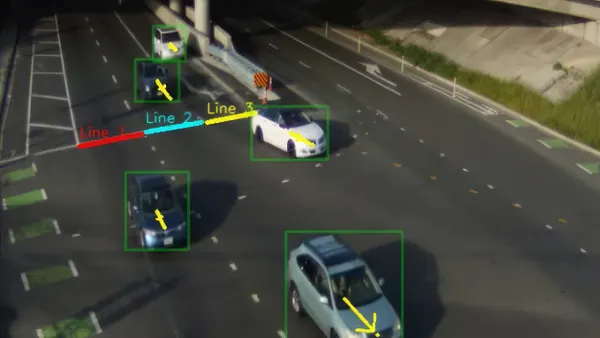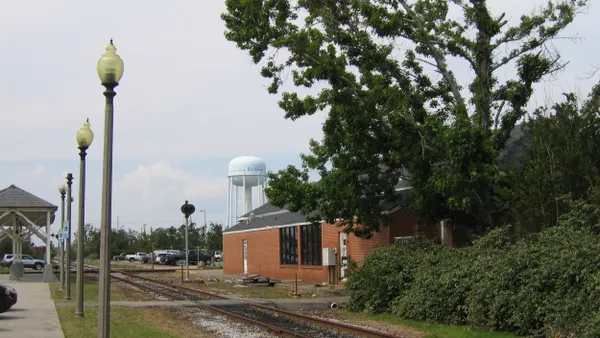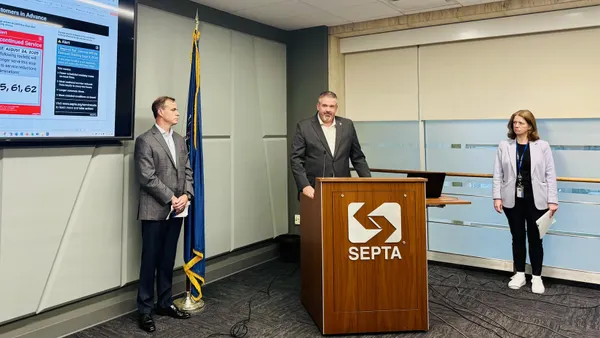The Washington Metropolitan Area Transit Authority last week outlined a plan to speed up its transition to a 100% zero-emission bus fleet by 2042, three years sooner than previously planned.
The agency, which operates the sixth-largest bus network in the country, with nearly 1,600 buses, will be starting from scratch with a 12-bus pilot program. WMATA ordered five 40-foot electric buses from Nova Bus this month and five more from New Flyer. Two 60-foot articulated electric buses will also be part of the agency’s first phase procurement.
WMATA said it will end purchases of diesel buses this year and phase out purchases of non-zero-emission buses by 2030. The agency expects the first electric buses to go into service this year.
“The new plan is a step in the right direction,” said Johanna Wermers from the Maryland Sierra Club, a member of the Metro Electric Bus Coalition, in a statement. But Wermers added that “Metro is still lagging behind other transit agencies.”
To prepare for the transition, WMATA began this year to reconstruct two garages to handle zero-emission buses. Both the Nothern Bus Garage and the Bladensburg Bus Garage are expected to be completed in 2027, each with an initial capacity for 150 zero-emission buses.
The agency projects the total cost of transitioning its bus fleet to zero-emission vehicles at $7.4 billion through 2055. This includes capital costs for vehicles and facilities, and other costs related to maintenance, training and tire replacement. However, it expects a net savings of $175 million in vehicle energy costs by moving away from fossil fuels.
The transition will focus mainly on battery-electric buses, according to a press release, but the agency said it will continue to evaluate hydrogen fuel-cell technology.
"We will continue to look for ways to further accelerate the transition to zero-emission buses, which provide customers with the same safe, reliable service at a much smaller carbon footprint," said Metro General Manager and CEO Randy Clarke in a press release.











